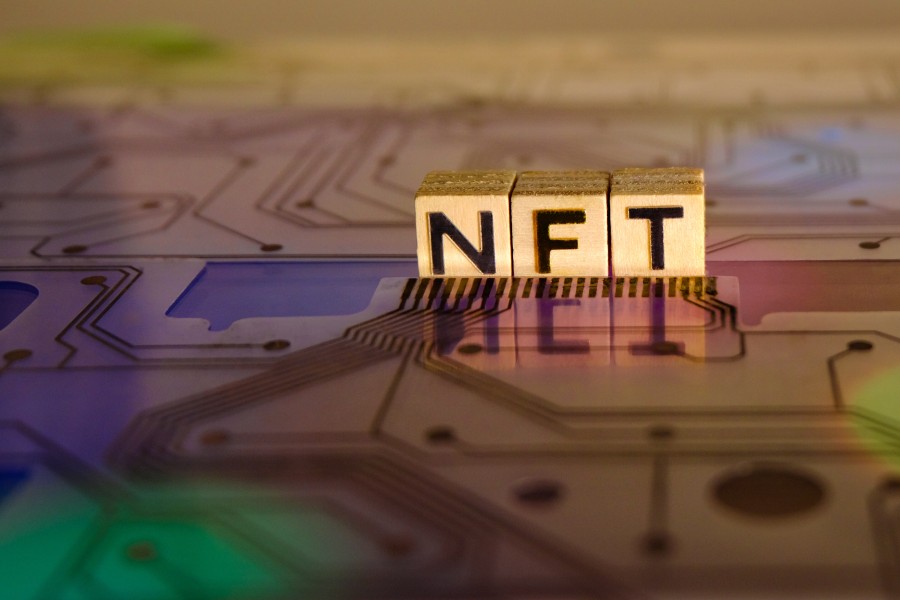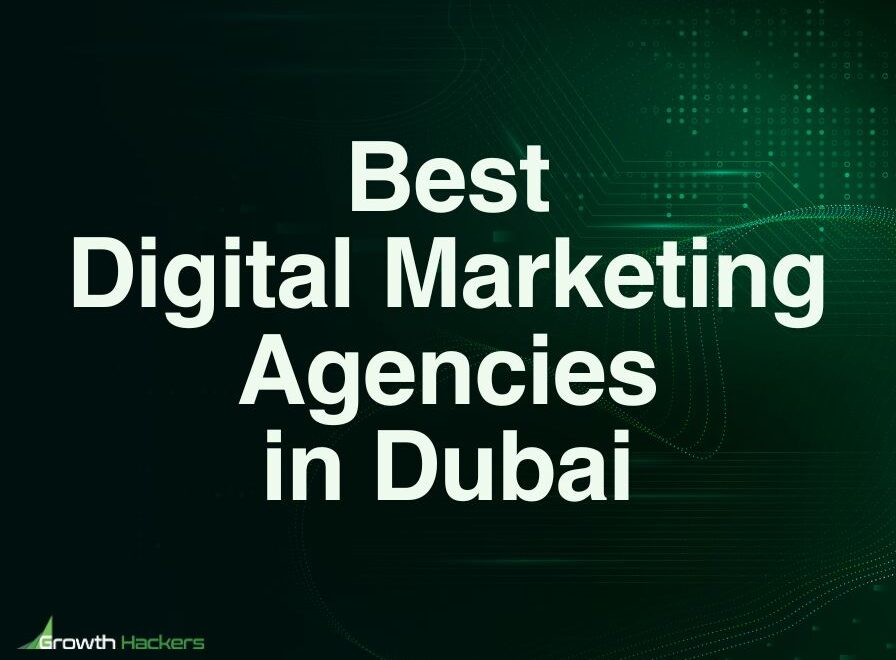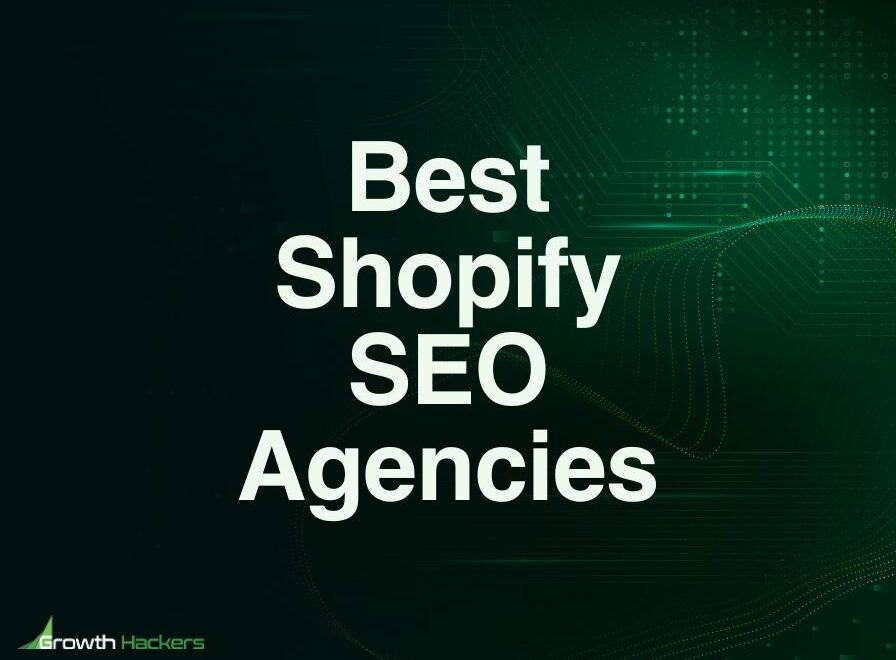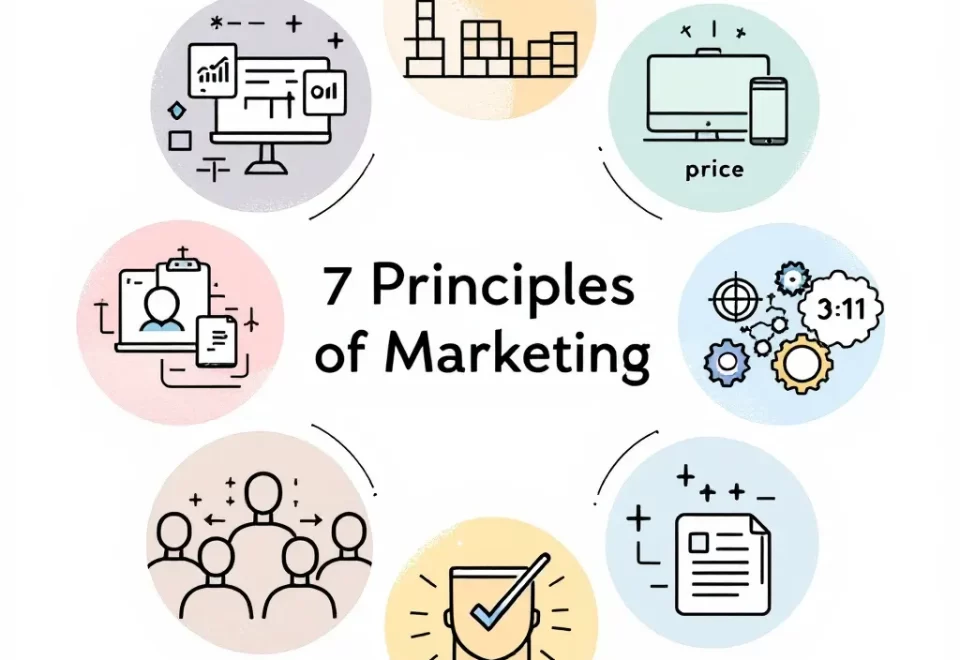Are you looking to leverage the power of Web3 marketing to achieve tangible results for your business? In this article, we will explore eleven effective strategies that can propel your marketing efforts into the decentralized future of Web 3.0. With the emergence of blockchain technology and decentralized networks, Web3 has opened up new opportunities for brands to engage with their audience, enhance transparency, and foster trust.
From leveraging non-fungible tokens (NFTs) and decentralized finance (DeFi) to embracing user-generated content and decentralized social media platforms, we’ll explore strategies that can drive real results in the Web3 landscape. Get ready to unlock the potential of Web3 marketing and take your brand to new heights.
1. Leveraging Non-Fungible Tokens (NFTs)
Non-Fungible Tokens (NFTs) have revolutionized the digital asset landscape, offering unique opportunities for Web3 marketing. Using blockchain technology, NFTs represent digital ownership of assets, such as artwork, collectibles, or virtual real estate.
By leveraging NFTs in digital marketing campaigns, brands can drive real results and engage with their audience innovatively. NFTs enable brands to create limited edition digital collectibles, conduct exclusive auctions, or offer unique experiences to token holders.
These digital assets can be traded on decentralized marketplaces, generating additional exposure and revenue streams. Brands can collaborate with artists, influencers, or content creators to develop branded NFT collections, tapping into their fan base and expanding their reach. The scarcity and authenticity of NFTs can drive demand and create a sense of exclusivity, attracting collectors and enthusiasts.
Additionally, brands can incentivize customer loyalty by rewarding NFTs to users who engage with their products or services. This fosters brand advocacy and encourages ongoing customer engagement. With the rising popularity of NFTs, integrating them into Web3 marketing strategies can provide a competitive edge and unlock new revenue opportunities.
2. Embracing Decentralized Finance (DeFi)
Decentralized Finance (DeFi) has disrupted traditional financial systems through decentralized internet, enabling peer-to-peer transactions, open access to financial services, and transparent protocols. By embracing DeFi in marketing strategies, brands can tap into this rapidly growing ecosystem and drive real results.
DeFi offers various opportunities like decentralized lending and borrowing, yield farming, and liquidity provision. Brands can explore partnerships with DeFi protocols and leverage their platforms to provide financial services or incentives to customers. By incorporating DeFi tokens or integrating decentralized exchanges, brands can incentivize users to participate, creating a vibrant and engaged community.
DeFi also enables the creation of decentralized autonomous organizations (DAOs) where users have voting rights and can contribute to decision-making processes. Brands can leverage DAOs to involve their community in marketing campaigns, product development, or charitable initiatives, fostering a sense of ownership and loyalty.
Moreover, brands can explore the potential of tokenized assets or tokenized representations of their products, enabling fractional ownership or creating unique utility within the DeFi ecosystem. Embracing DeFi in marketing strategies can enhance brand visibility and engagement and provide users with novel and inclusive financial experiences.
Are you ready to pioneer the future of marketing with Web3?
Contact Growth Hackers
3. Engaging in Decentralized Social Media Marketing
As traditional social media platforms face privacy, data storage and control, and censorship challenges, decentralized social media platforms offer an alternative approach. Engaging in decentralized social media marketing allows brands to build a community and interact with their audience in a more transparent and user-centric manner.
Decentralized social media platforms are built on blockchain technology, ensuring data integrity, privacy, and user ownership. Brands can create official accounts on these platforms and establish their presence by sharing content, engaging with followers, and fostering discussions. The decentralized nature of these platforms removes intermediaries, allowing brands to connect directly with their audience and receive real-time feedback.
Additionally, decentralized social media platforms often incentivize user participation through token rewards or reputation systems, which can encourage brand advocacy and user-generated content. By actively engaging in decentralized social media marketing, brands can establish themselves as early adopters, gain credibility within the Web3 community, and cultivate a loyal and engaged following.
4. Implementing Blockchain-based Loyalty Programs
Traditional loyalty programs often suffer from fragmented rewards, limited redemption options, and a lack of transparency. Implementing blockchain-based loyalty programs addresses these challenges and enhances customer engagement and retention. Blockchain technology enables the creation of transparent and interoperable loyalty programs where customers can earn, track, and redeem rewards seamlessly.
By leveraging smart contracts, brands can automate issuing and distributing of loyalty points or tokens, ensuring transparency and fairness. Customers can accumulate loyalty rewards across various partner brands and have the flexibility to redeem them for a wider range of products and services or even convert them to other digital assets.
The use of blockchain also enables real-time tracking of customer behavior, allowing brands to personalize offers and recommendations based on individual preferences. This data transparency and personalized experience enhance customer satisfaction and loyalty. Furthermore, blockchain-based loyalty programs can reduce fraud and counterfeit issues, as the immutability of blockchain records ensures the authenticity of transactions.
By implementing blockchain-based loyalty programs, brands can foster stronger customer relationships, encourage repeat purchases, and differentiate themselves in the competitive marketplace.
5. Utilizing Decentralized Influencer Marketing
Influencer marketing has become integral to many brands and social media sites’ marketing strategies. By utilizing decentralized influencer marketing, brands can tap into the Web3 ecosystem and harness the power of trusted influencers to drive real results.
Decentralized influencer marketing involves collaborating with influencers who have a significant following in the Web3 community or specialize in promoting blockchain-based products or services. These influencers have built credibility and trust within the niche, making their recommendations and endorsements highly influential.
Brands can leverage decentralized influencer marketing to create authentic, engaging content that resonates with the target audience.
Additionally, brands can compensate influencers using cryptocurrency or tokens, aligning incentives and fostering a deeper partnership. The transparency of blockchain technology ensures that both brands and influencers can track and verify the impact of their marketing campaigns.
Decentralized influencer marketing provides an opportunity to reach a highly engaged audience and drive brand awareness, product adoption, and conversions in the Web3 space.
6. Creating Interactive and Immersive Web3 Experiences
Web3 technology opens up possibilities for creating interactive and immersive experiences that captivate and engage users. By leveraging technologies such as virtual reality (VR), augmented reality (AR), or mixed reality (MR), brands can offer unique and memorable experiences that drive real results. Interactive and immersive Web3 experiences can be utilized for product launches, brand activations, or virtual events.
For example, brands can create virtual showrooms or try-on experiences that allow users to visualize products in a virtual environment. They can also host virtual events or conferences where attendees can participate, network, and interact with each other in a digital space.
These experiences provide a sense of novelty, excitement, and exclusivity, attracting attention and generating buzz. By incorporating gamification elements in hosting virtual events, brands can enhance user engagement and incentivize participation.
Interactive and immersive Web3 experiences create a deeper connection between brands and users, fostering brand loyalty and advocacy.
Explore the exciting world of Web3 and revolutionize your marketing strategy today!
7. Leveraging Smart Contracts for Automated Marketing Campaigns
Smart contracts, powered by blockchain technology, offer automation and transparency in executing marketing campaigns. By leveraging smart contracts, brands can streamline their marketing efforts, reduce operational costs, and ensure the integrity of campaign execution. Smart contracts enable the automation of tasks such as distributing rewards, conducting airdrops, managing token sales, and tracking user engagement.
Brands can create programmable rules and conditions that govern the execution of marketing campaigns, eliminating the need for manual intervention. This reduces the risk of errors, ensures fairness, and enhances efficiency.
Moreover, the transparency of smart contracts allows stakeholders to verify the execution of tasks and track the progress of campaigns in real time. By leveraging smart contracts for automated marketing campaigns, brands can optimize resource allocation, improve campaign ROI, create a seamless user experience, and establish trust with their audience through the immutable nature of blockchain technology.
8. Participating in Decentralized Advertising Networks
Traditional advertising networks often suffer from ad fraud, lack of transparency, and intermediaries that increase costs. Participating in decentralized advertising networks addresses these challenges and gives brands more control, transparency, and cost-effectiveness.
Decentralized advertising networks leverage blockchain technology and artificial intelligence to enable direct interactions between advertisers and publishers. Brands can directly connect with publishers, negotiate ad placements, and track the performance of their campaigns. Blockchain ensures transparency and prevents ad fraud by providing auditable ad impressions and interaction records.
Additionally, decentralized advertising networks often utilize token-based incentive models, rewarding users for their attention or engagement with ads. This creates a more engaging and targeted user advertising experience while providing brands with better value for their advertising spend. By participating in decentralized advertising networks, brands can optimize their campaigns, improve ROI, and reach a more engaged audience.
9. Incorporating User-Generated Content on Blockchain Platforms
User-generated content (UGC) plays a significant role in brand storytelling and community building. By incorporating UGC on blockchain platforms, brands can harness the power of user creativity and participation while ensuring authenticity and traceability. Blockchain technology enables users to create, validate, and own their content, preventing unauthorized modifications or plagiarism.
Brands can encourage users to generate content related to their products or services, such as reviews, testimonials, or social media posts, and reward them with tokens or exclusive experiences. UGC on blockchain platforms fosters community, strengthens brand loyalty, and generates valuable social proof. Users become brand advocates, actively promoting products or services within their networks.
Moreover, brands can leverage UGC on blockchain platforms to source ideas for product development, crowdsource solutions, or engage users in co-creation initiatives. By incorporating UGC on blockchain platforms, brands can tap into the collective creativity of their audience, drive engagement, and build a vibrant community.
Usually, as UGC on blockchain platforms gains traction, it attracts a wider audience and generates organic growth. The traceability and immutability of blockchain ensure that UGC remains trustworthy and tamper-proof, enhancing brand storytelling’s credibility and data security.
Additionally, blockchain-based UGC platforms provide transparent metrics and data insights, allowing brands to accurately measure the impact and effectiveness of their community-driven marketing efforts. This data-driven approach enables brands to refine their strategies, identify influential users, and optimize their marketing campaigns for better results.
10. Integrating Cryptocurrency Payments and Rewards Systems
Integrating cryptocurrency payments and rewards systems in marketing strategies opens up new possibilities for seamless and borderless transactions on the world wide web. By accepting cryptocurrencies, brands can attract a broader customer base, establish their own branded online store, and gain visibility on any search engine within the semantic web. Cryptocurrency payments offer benefits such as lower transaction fees, faster settlement times, and increased privacy.
By offering token-based rewards for purchases, referrals, or social media interactions, brands create a sense of exclusivity and value. This integration provides a competitive edge, enhances the user experience, and aligns with the growing trend of digital currencies in the evolving digital landscape.
Even more importantly, integrating cryptocurrency payments and rewards systems is enabling internet users by giving them control over their finances and data. With decentralized blockchain technology, transactions are secure, transparent, and immutable, ensuring trust and eliminating the need for intermediaries.
11. DAO Marketing
DAO Marketing refers to leveraging Decentralized Autonomous Organizations (DAOs) as a key component of marketing strategies. DAOs are self-governing entities that operate on blockchain technology, enabling decentralized decision-making and community participation. In the context of marketing, DAOs allow brands to tap into a community’s collective intelligence, resources, and reach.
DAO Marketing involves engaging with existing DAOs or creating one specifically for marketing purposes. By collaborating with a DAO, brands can benefit from the trust and credibility established within the community. DAOs can provide valuable insights, feedback, and financial support for marketing campaigns.
Furthermore, DAOs enable a more inclusive and participatory approach to content marketing. Members of the DAO can actively contribute ideas, content creation, and promotion, fostering a sense of ownership and loyalty towards the brand. DAO Marketing also allows for transparent and traceable distribution of rewards or incentives to community members, ensuring fairness and accountability.
Overall, DAO Marketing harnesses the power of decentralized decision-making and community involvement to enable internet users to create more engaging, authentic, and impactful marketing campaigns in the Web3 era.
Closing Thoughts About Web3 Marketing Strategies that Drive Real Results
Web3 marketing strategies hold immense potential for driving real results in today’s digital landscape. By embracing the decentralized and user-centric nature of Web3 technologies, businesses can establish trust, foster engagement, and build meaningful connections with their target audience.
These strategies prioritize transparency, personalization, and community participation, leveraging blockchain, smart contracts, and other decentralized web applications. Empowering users with ownership and control over their data, Web3 marketing fosters loyalty. Brands can create immersive experiences, incentivize user participation, and reward valuable contributions.
It’s crucial to understand the evolving Web3 ecosystem, tap into emerging platforms, and cultivate authentic relationships to unlock the full potential of Web3 marketing and achieve tangible, long-term success.
Growth Hackers is one of the best web3 marketing agencies helping businesses from all over the world grow. There is no fluff with Growth Hackers. We help entrepreneurs and business owners implement these effective Web3 marketing strategies, increase their productivity, generate qualified leads, optimize their conversion rate, gather and analyze data analytics, acquire and retain users and increase sales. We go further than brand awareness and exposure. We make sure that the strategies we implement move the needle so your business grow, strive and succeed. If you too want your business to reach new heights, contact Growth Hackers today so we can discuss about your brand and create a custom growth plan for you. You’re just one click away to skyrocket your business.









